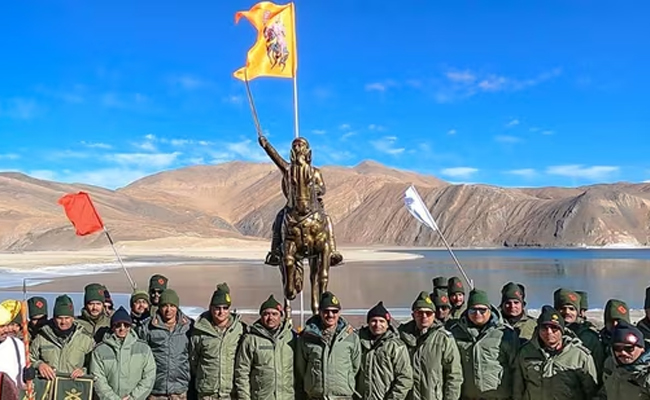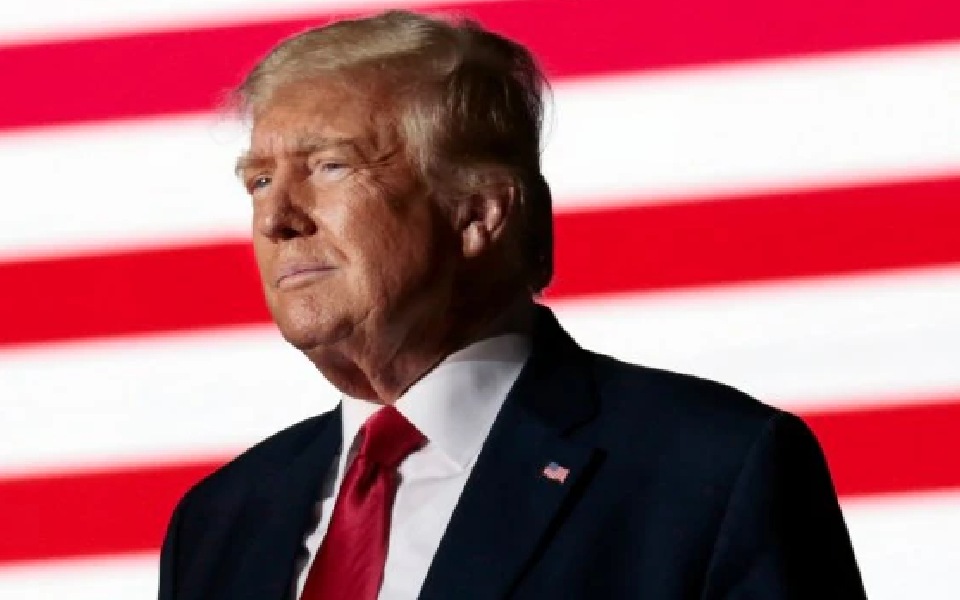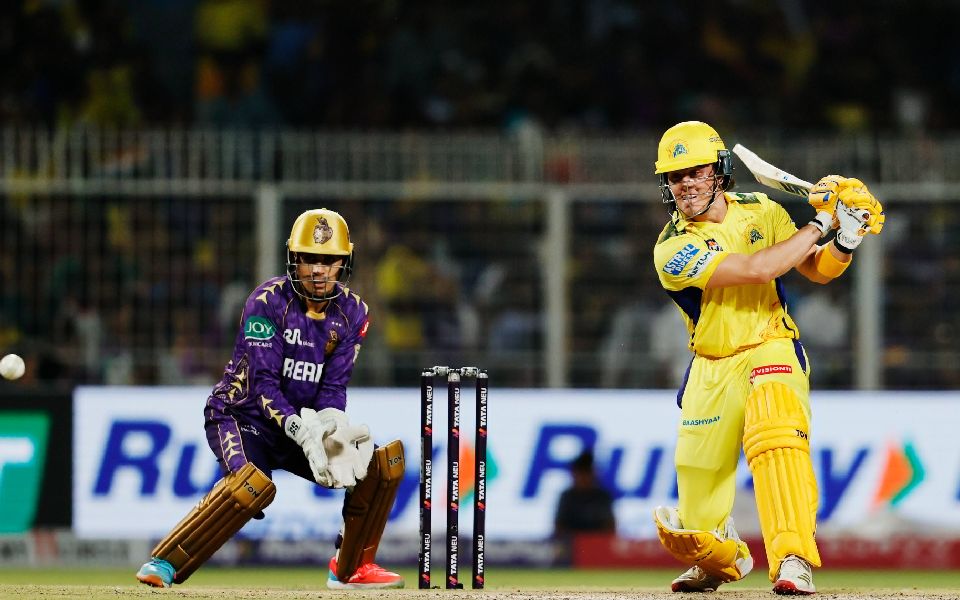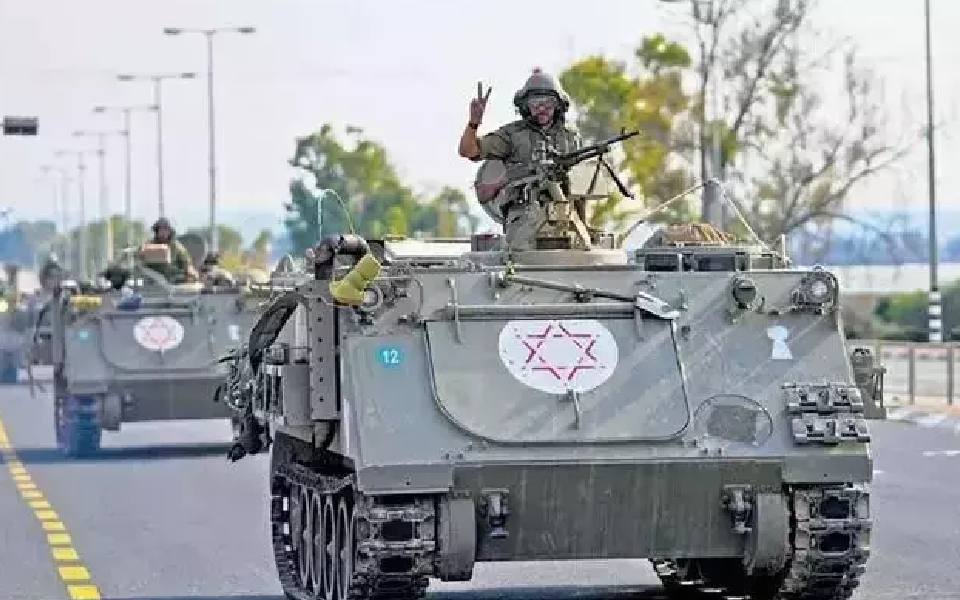Ladakh: The Indian Army's installation of a Chhatrapati Shivaji statue at Pangong Tso in eastern Ladakh has drawn criticism from local residents and military veterans, raising concerns about political symbolism and its historical relevance to the region.
The statue, unveiled on 26 December by Lieutenant General Hitesh Bhalla, General Officer Commanding of the Leh-based 14 Corps, was funded by voluntary contributions from personnel of the Maratha Light Infantry (MLI). The Army described the statue as a tribute to Shivaji's "unwavering spirit and legacy," which it claimed inspires generations.
Local leaders and veterans questioned the decision, pointing out Shivaji’s lack of historical connection to Ladakh. Retired Major General Birender Singh Dhanoa criticised the move, remarking, “Are all fixed-class units now erecting statues of their ancestral notables in Corps Zones?” He also called the publicity surrounding the installation unnecessary.
Retired Colonel Sanjay Pande suggested installing a statue of Zorawar Singh, the Dogra general who led Himalayan conquests in the 19th century, instead of Shivaji. Other critics expressed concerns about setting a precedent for similar installations across the country.
However, some veterans defended the initiative, citing its potential to boost troop morale. Brigadier (Retired) Hardeep Sohi argued that Shivaji’s legacy provides inspiration to infantry units engaged in high-stakes combat.
This controversy follows recent efforts by the government to incorporate Shivaji into military traditions, including changes to naval insignia. Critics argue that such moves politicise the armed forces, with some veterans fearing repercussions for openly opposing these initiatives.
Let the Truth be known. If you read VB and like VB, please be a VB Supporter and Help us deliver the Truth to one and all.
New York/Washington, May 7 (PTI): US President Donald Trump on Tuesday said India has “agreed” to drop its high tariffs “to nothing”.
“I mean, India as an example, has one of the highest tariffs in the world. We’re not going to put up with that, and they’ve agreed already to drop it. They’ll drop it to nothing. They’ve already agreed. They would have never done that for anybody else but me,” Trump told reporters in the Oval Office.
Trump and visiting Canadian Prime Minister Mark Carney spoke to reporters as they met in the Oval Office to discuss the US-Canada trade.
“So we’re going to put down some numbers and we’re going to say our country is open for business and they’re going to come in and they’re going to pay for the privilege of being able to shop in the United States of America. It’s very simple. It’s very simple,” he added.
In the past, Trump has called India “tariff king” and a “big abuser”.
Last month, Trump had said that negotiations with India over a bilateral trade deal are “coming along great” and he thinks “we’ll have a deal with India”.





